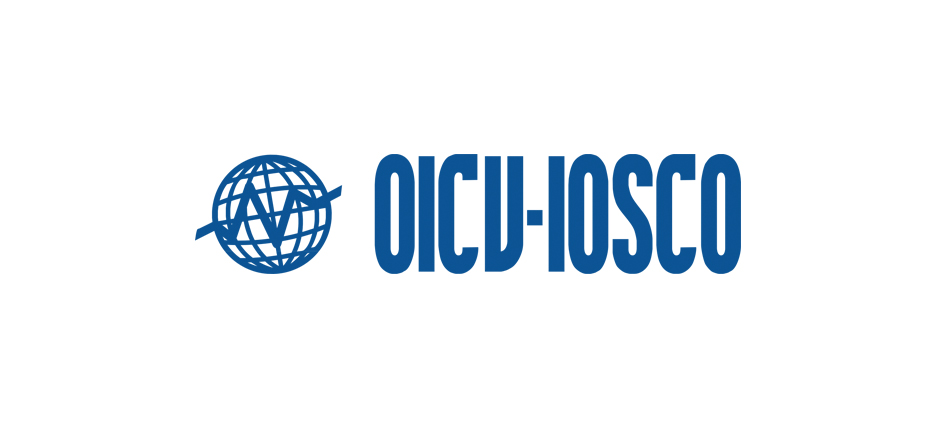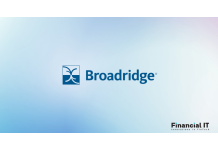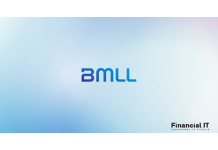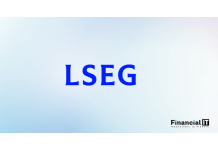Rimes Announces Strategic Partnerships With PANTA,...
- 13.01.2026 02:05 pm
Integral Triples Capacity at Equinix SG1 Data Facility...
- 13.01.2026 12:50 pm
Fiserv Launches Unknown Shopper at NRF, Helping...
- 12.01.2026 07:25 am
Broadridge Completes Acquisition of Acolin, Unlocking...
- 06.01.2026 09:15 am
Experian Integrates Commercial Data Into Its Ascend...
- 05.01.2026 12:55 pm
Duco Partners with Phoenix Group to Modernise Data...
- 16.12.2025 10:15 am
Bloomberg Expands Pricing for Australian Bonds with...
- 18.11.2025 01:35 pm
Rimes Partners with Databricks to Deliver Managed Data...
- 18.11.2025 01:25 pm
BMLL Selected by EuroCTP to Supply Data Quality...
- 11.11.2025 12:45 pm
LSEG Expands Partnership with BlackRock, Strengthening...
- 30.10.2025 10:50 am
FloQast Partners With Trovata to Make It Easier for...
- 21.10.2025 02:45 pm
Supermicro Introduces New Business Line, Data Center...
- 15.10.2025 02:55 pm






















